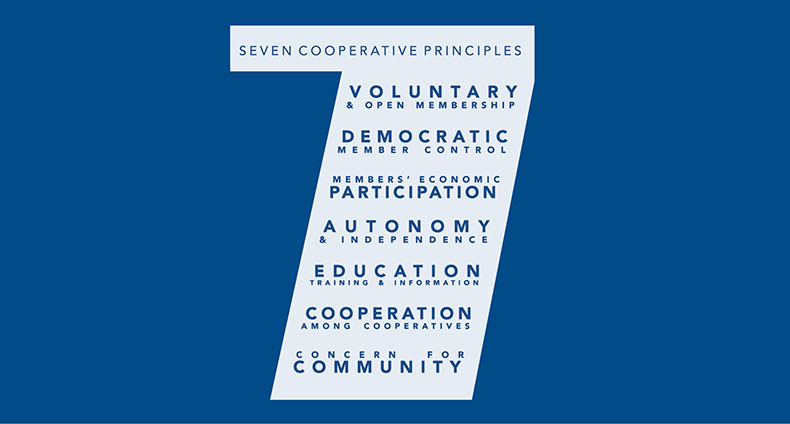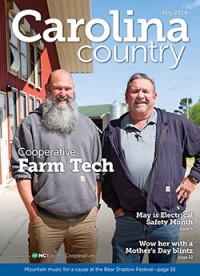You’ve heard us mention the cooperative difference, and that our business model is uniquely designed to put your needs at the forefront of everything we do. Following is a brief overview of what sets us apart from other electric providers.
Investor-owned utilities (IOUs)
IOUs are privately owned entities whose main objective is producing a return for the investor-owners by selling electric service to customers in geographic territories. Control over the organization is determined by the number of shares of stock held by each stockholder. Usually, the interest of these stockholders in the company is limited to their dollar investment, since they do not often live in the territories served by the utility. Their rates are regulated by a public utilities commission, and they purchase power through contracts and own their own generation facilities.
Municipal utilities
Municipal utilities are non-profit local government agencies that have the objective to provide electric service to communities in a way that recovers costs and earns additional revenue to invest in new infrastructure. The taxpayers are the owners, and the utility is governed either by an elected body, such as a town council or commission, or by an appointed utility board/commission, which sets rates. Municipal utilities operate their own generation facilities or buy power through contracts. They do not return excess revenue directly to the taxpayer-owners, but may use that revenue to reduce rates.
Electric cooperatives
Electric co-ops like BEMC, are private, non-profit businesses owned by the members we serve, established to provide reliable at-cost electric service. Members elect the governing board of directors, who must themselves be members, and the board hires the CEO, who is responsible for choosing the means to achieve the goals set by the board. Distribution cooperatives, like BEMC, deliver electricity to their member-owners. Generation and Transmission cooperatives provide wholesale power to distribution co-ops through their own generation, or by purchasing power collectively for distribution co-ops. Revenue after expenses and planning for future needs is returned periodically to the member-owners in the form of capital credits.
All cooperatives are guided by the Seven Cooperative Principles, one of which is Concern for Community, which mandates that we actively work for the sustainable development of our communities through policies supported by you, the membership.
Being owned and governed by the members we serve, with the mission of providing highly reliable at-cost electric service, and being guided by the Seven Cooperative Principles, means we work hard every day to live up to your expectations. That’s the cooperative difference.
The seven cooperative principles
Discover the principles which guide the decisions and actions of electric cooperatives.


